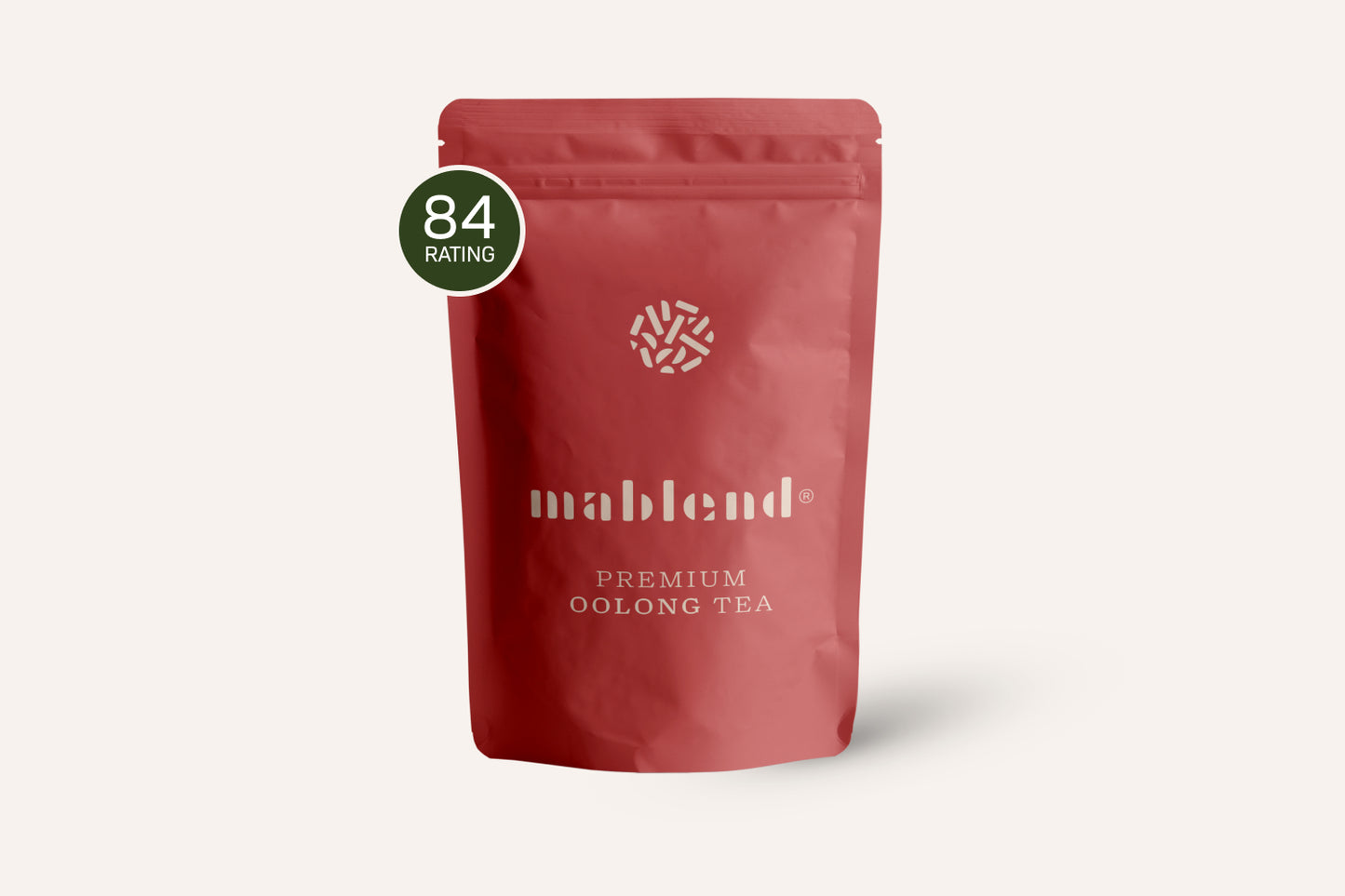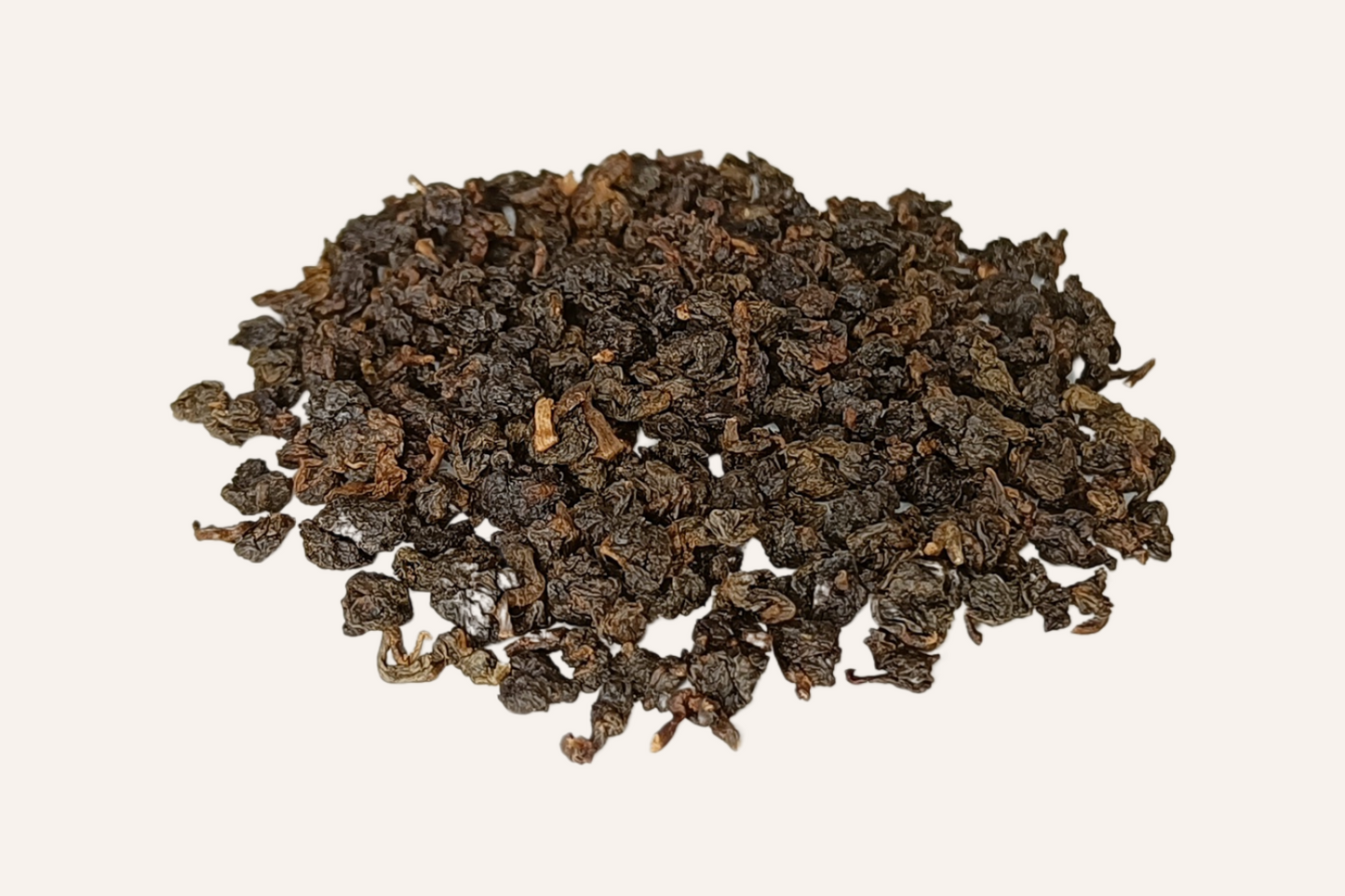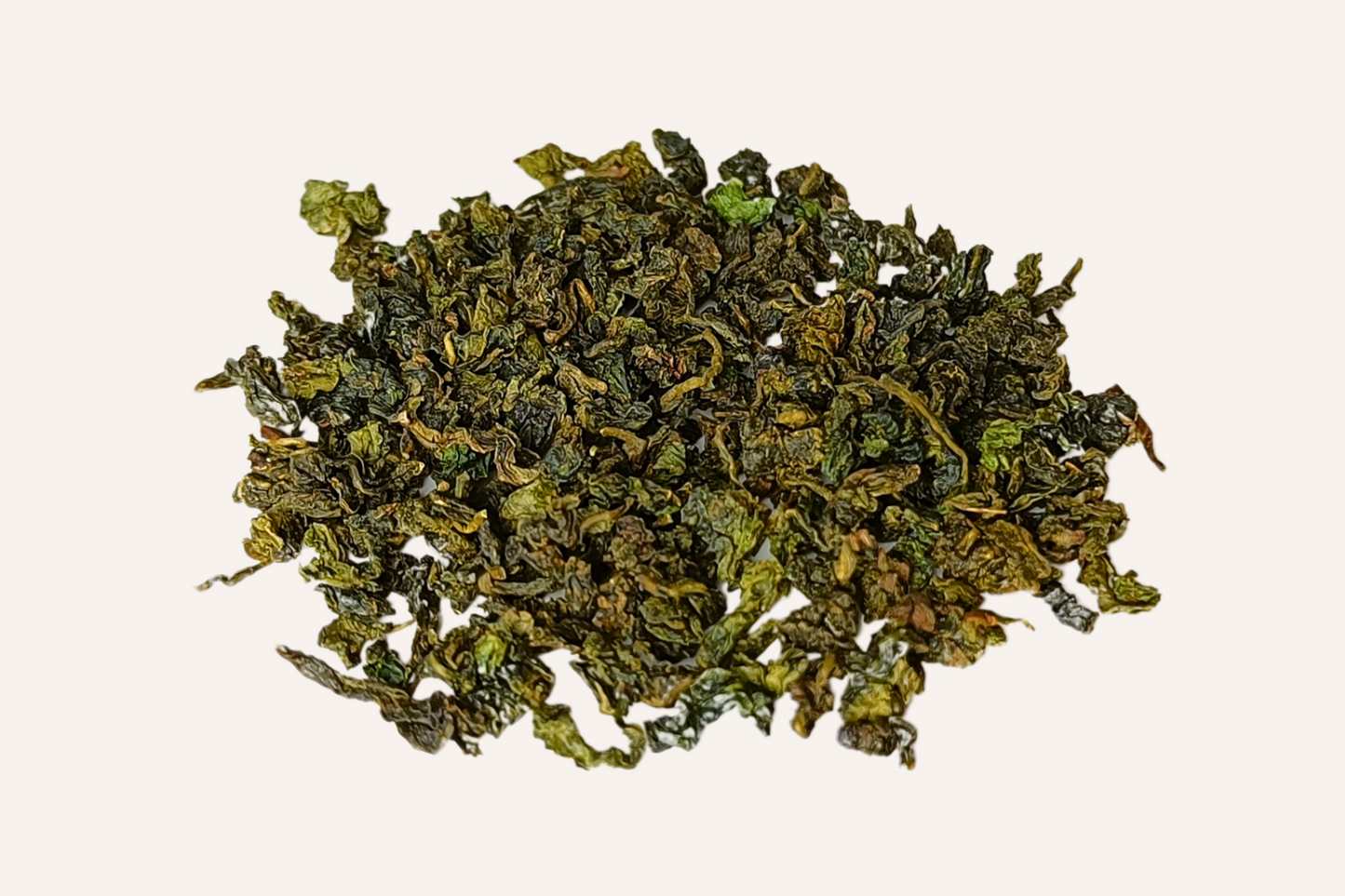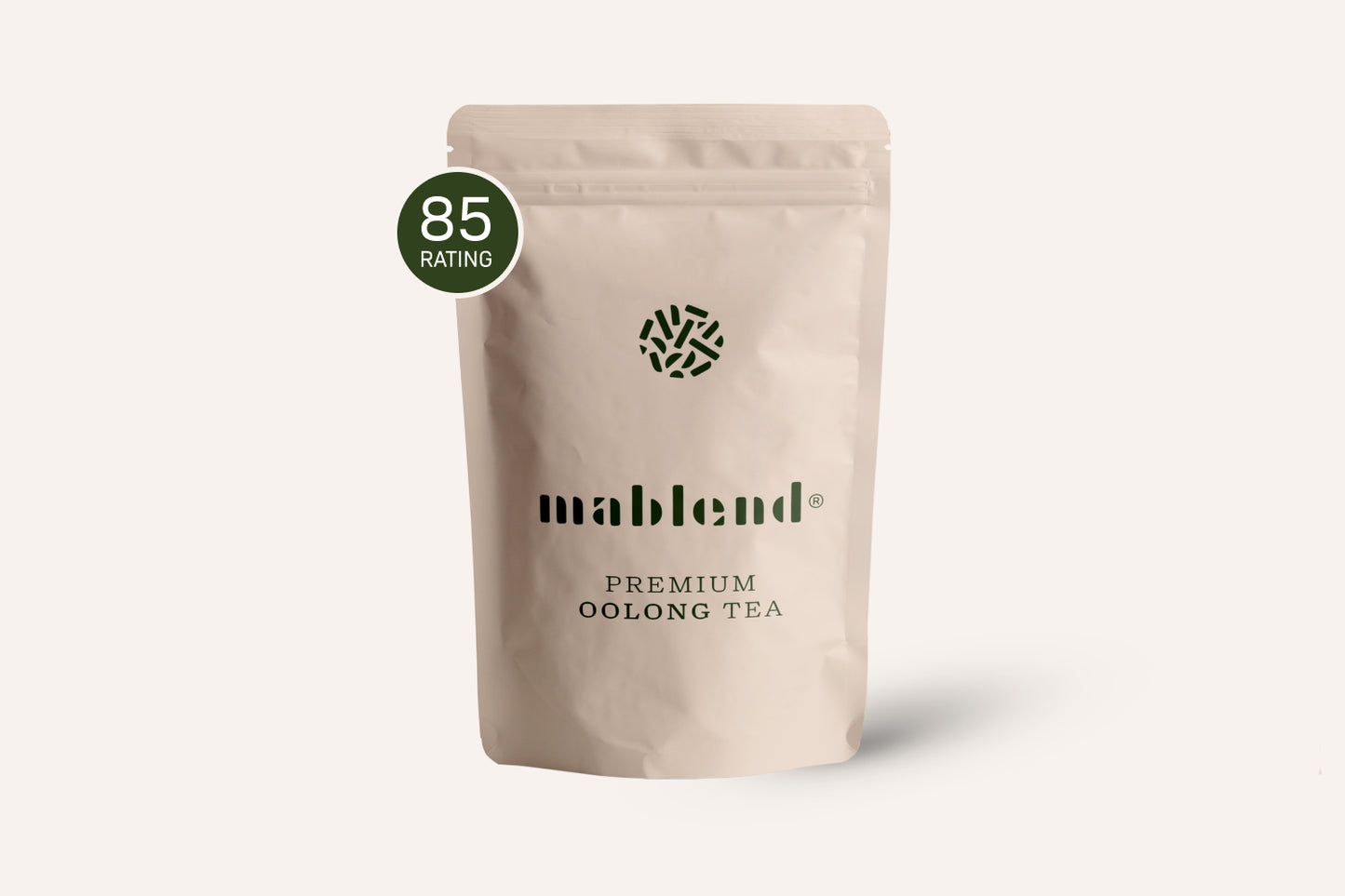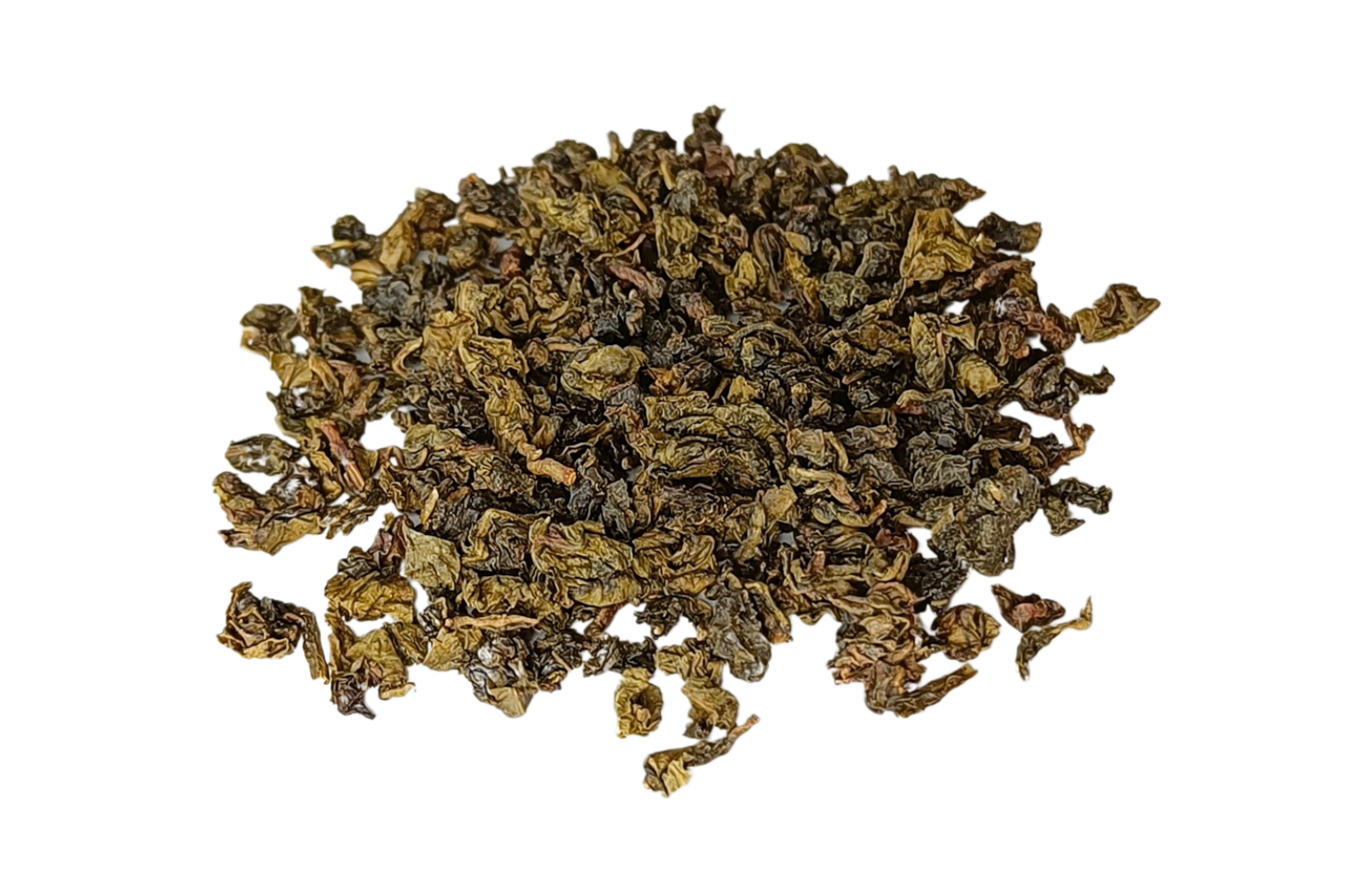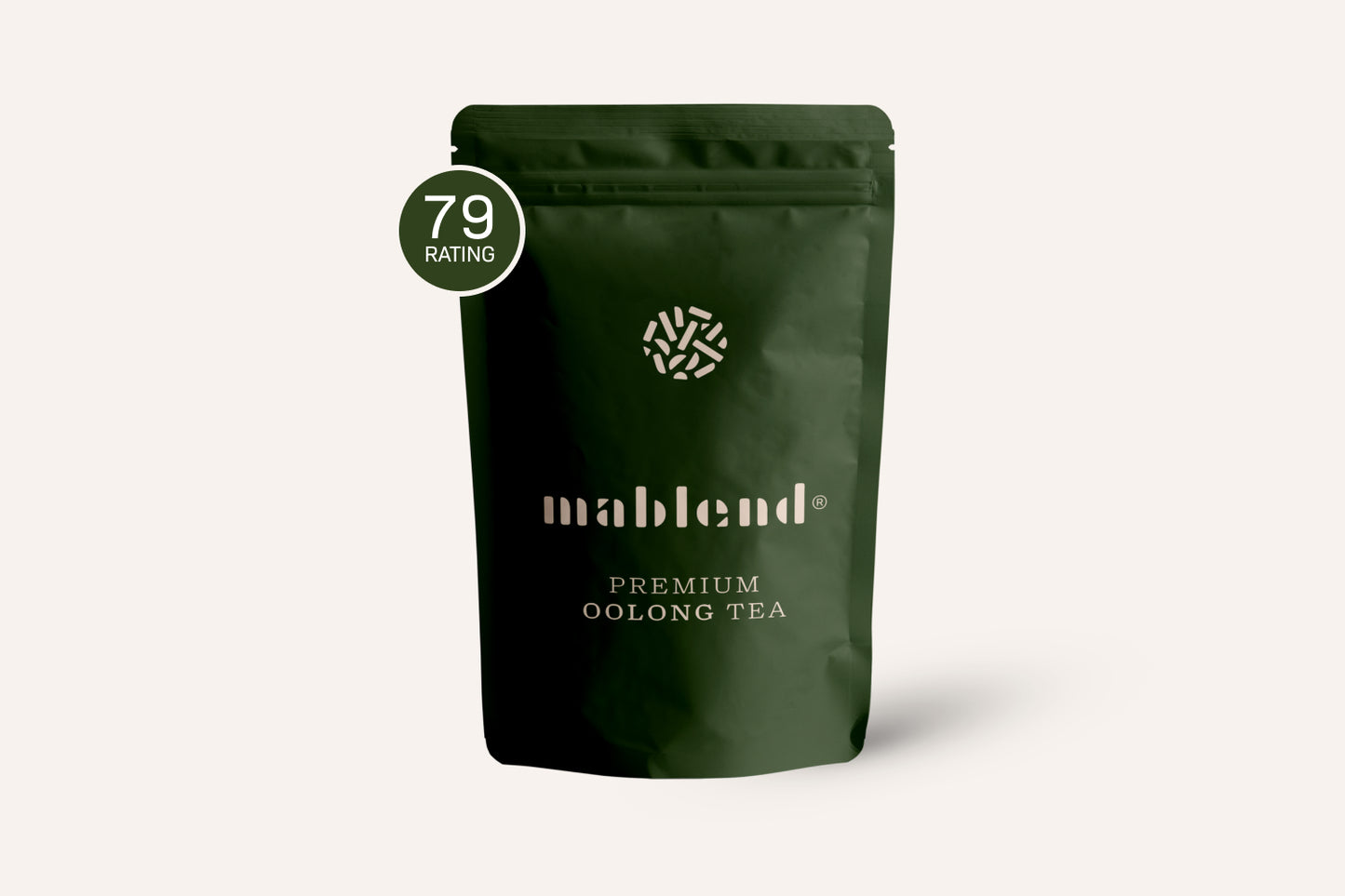Tea is one of the most consumed beverages in the world, loved for its refined flavors and aromatic qualities. But did you know that the water you use to brew your tea can have a significant impact on the final taste of your drink?
In particular, tap water, which often contains a variety of minerals, can change the taste of your tea, and not always for the better.
Minerals in Tap Water
Tap water naturally contains several minerals, including calcium, magnesium and sodium. Although these minerals are generally safe for consumption, they can affect the taste and aroma of your tea.
For example, water with a high concentration of calcium, often called "hard water," can give a chalky taste to the tea. This can drown out the delicate flavors of some teas, such as green or white tea.
Influence on the Taste of Tea
The minerals in tap water can react with the tea leaves and change the way they release their flavors and aromas. For example, hard water can increase the release of tannins from the tea leaves, resulting in a bitter and astringent taste.
Additionally, tap water that contains chlorine or other chemicals used to purify the water can impart an undesirable chemical taste to the tea.
Recommendations
For the best tea flavor, it is recommended to use filtered water or spring water with a neutral pH value. Water filters can remove many of the minerals and chemicals that affect the taste of tea.
If you live in an area with particularly hard water, consider installing a water softener or using bottled water to make your tea.
We recommend a zero water filter . This removes the minerals from the water so that the water has a neutral taste before you start making tea.
Conclusion
Although brewing tea may seem like a simple process, there are many factors that can affect the final taste of your drink. By paying attention to the quality of the water you use, you can ensure you get a perfect cup of tea every time.
